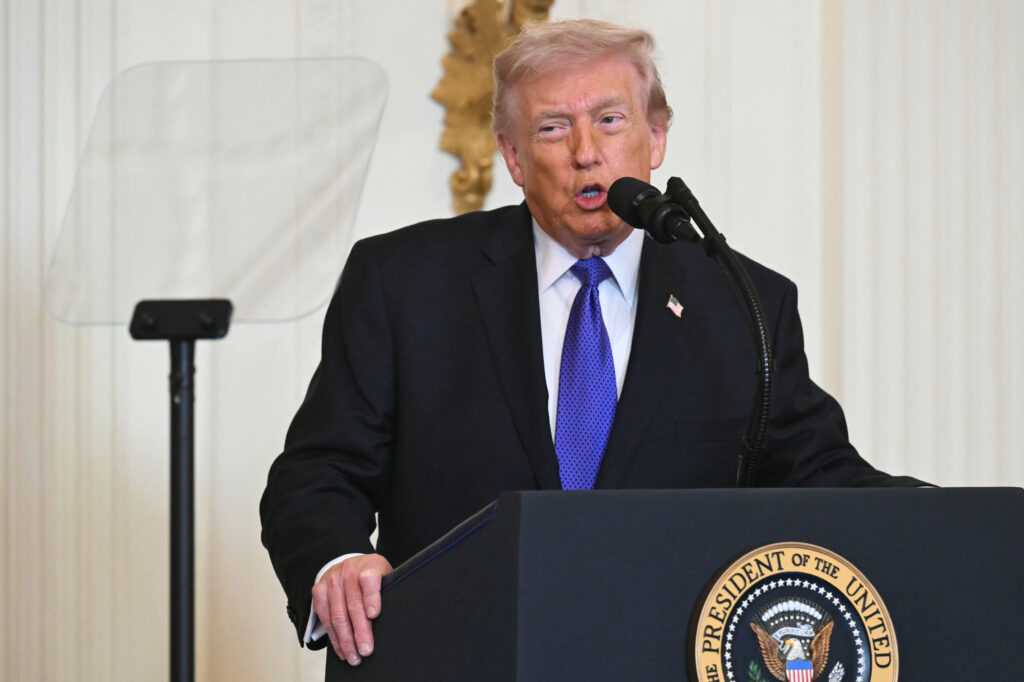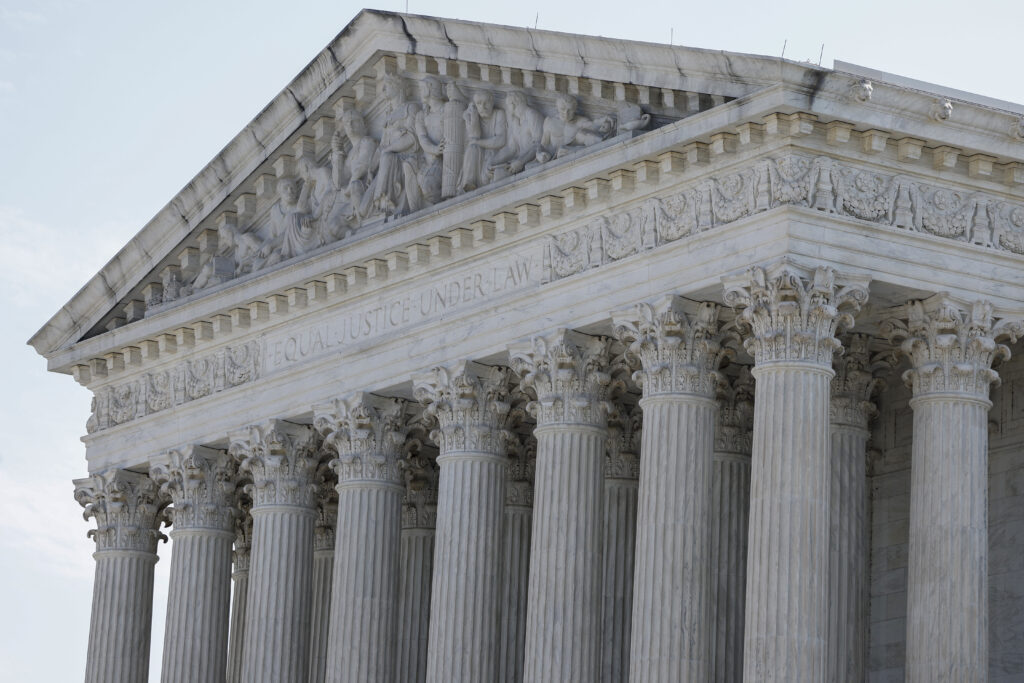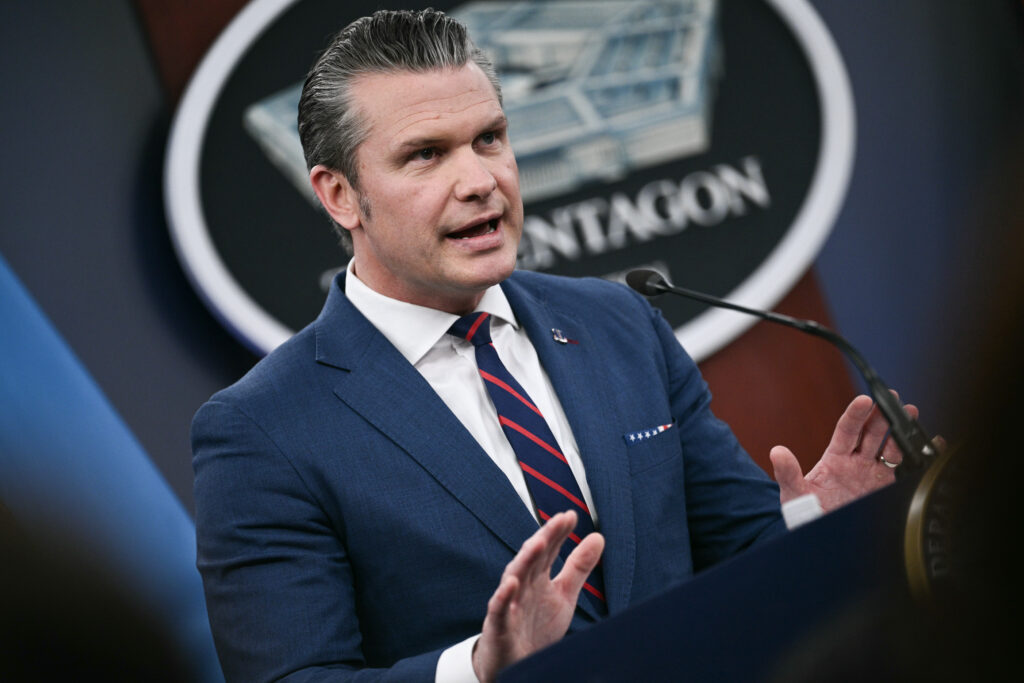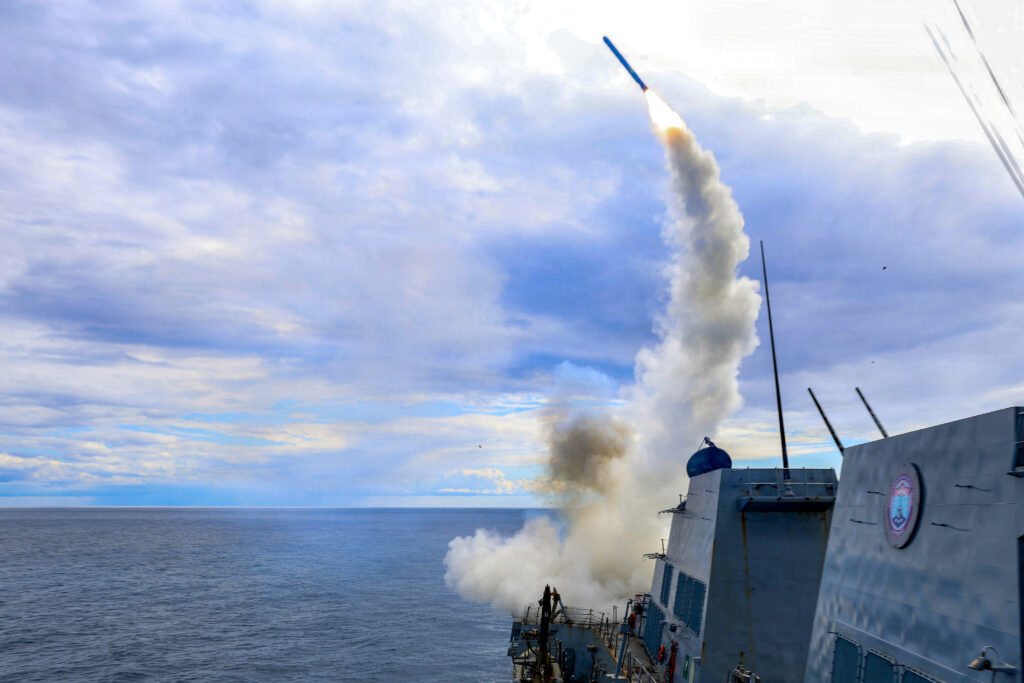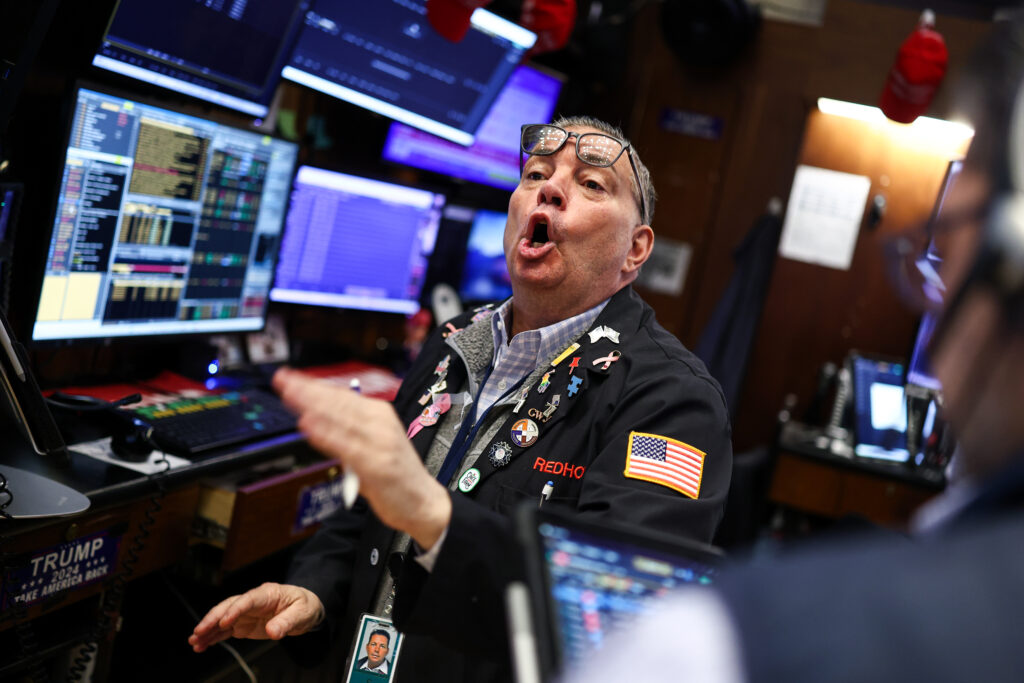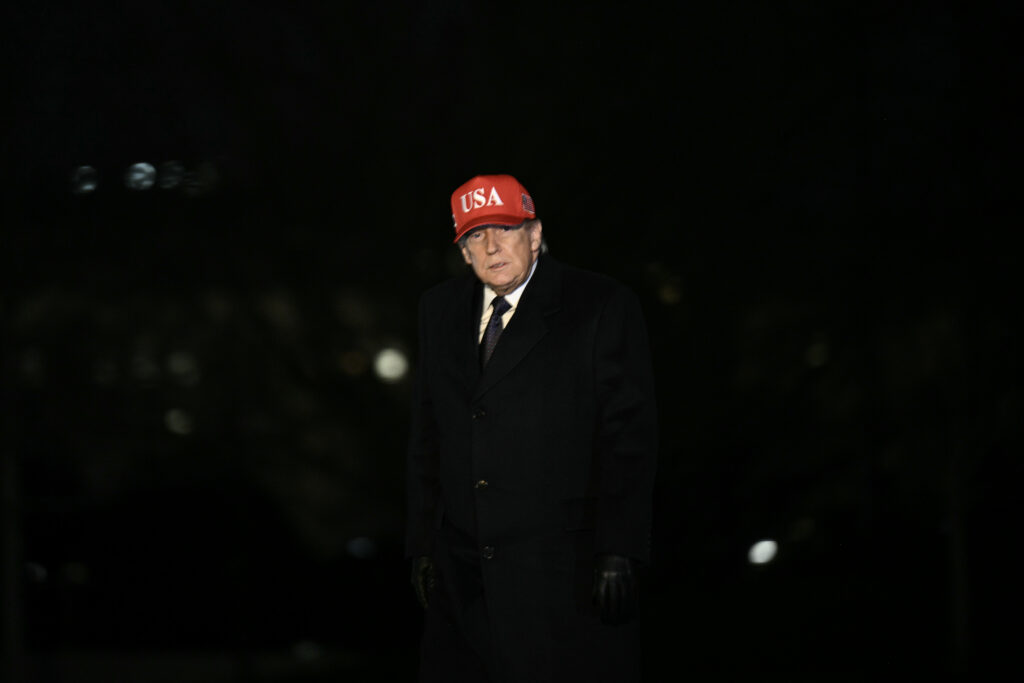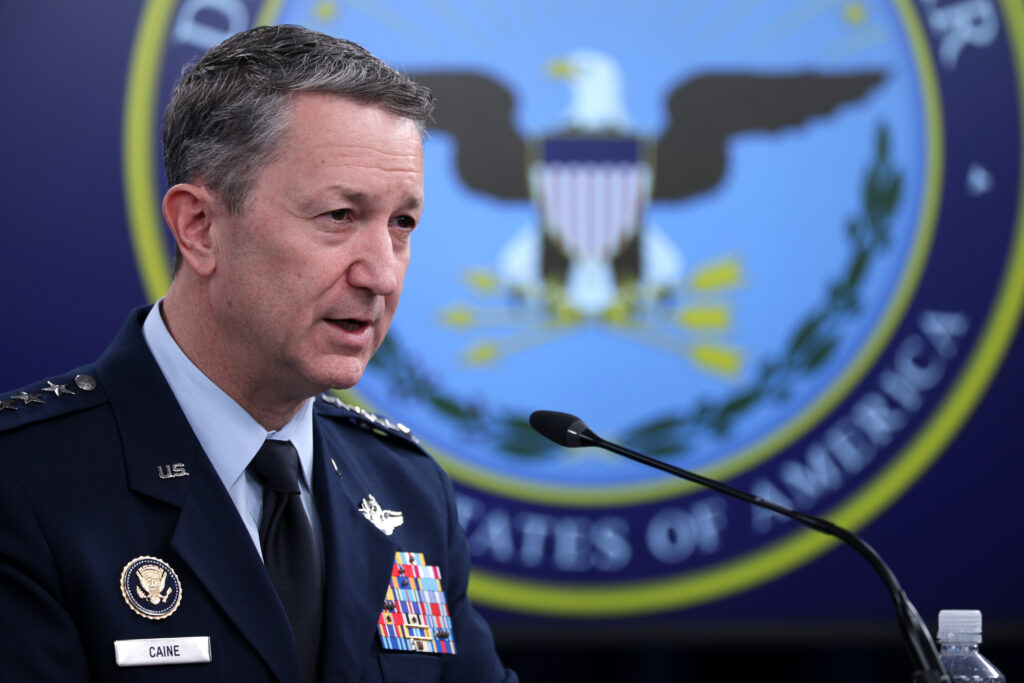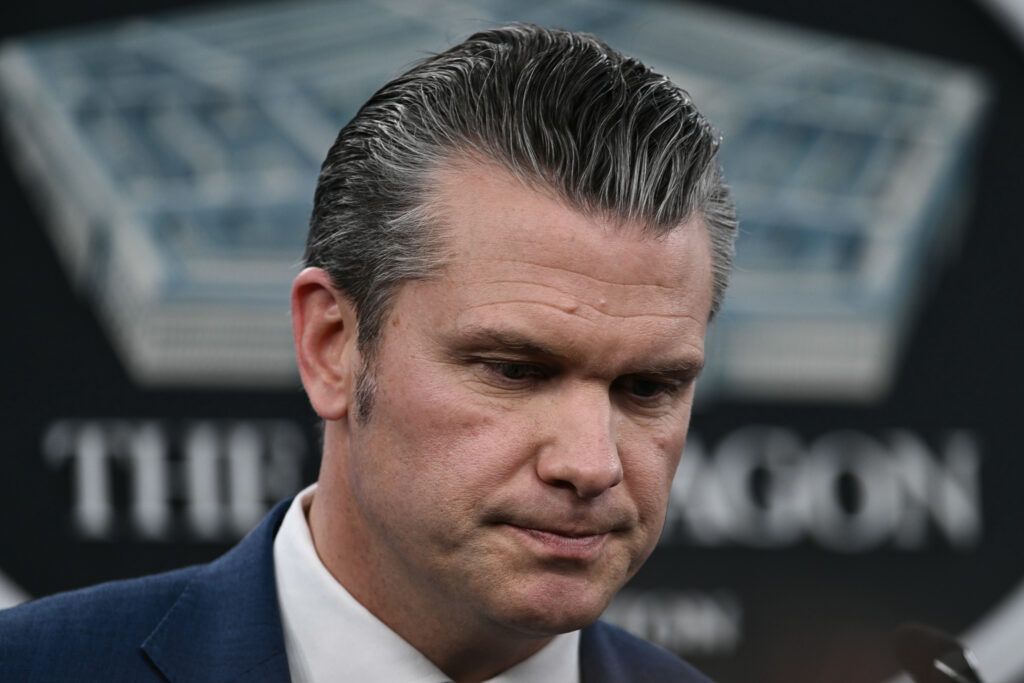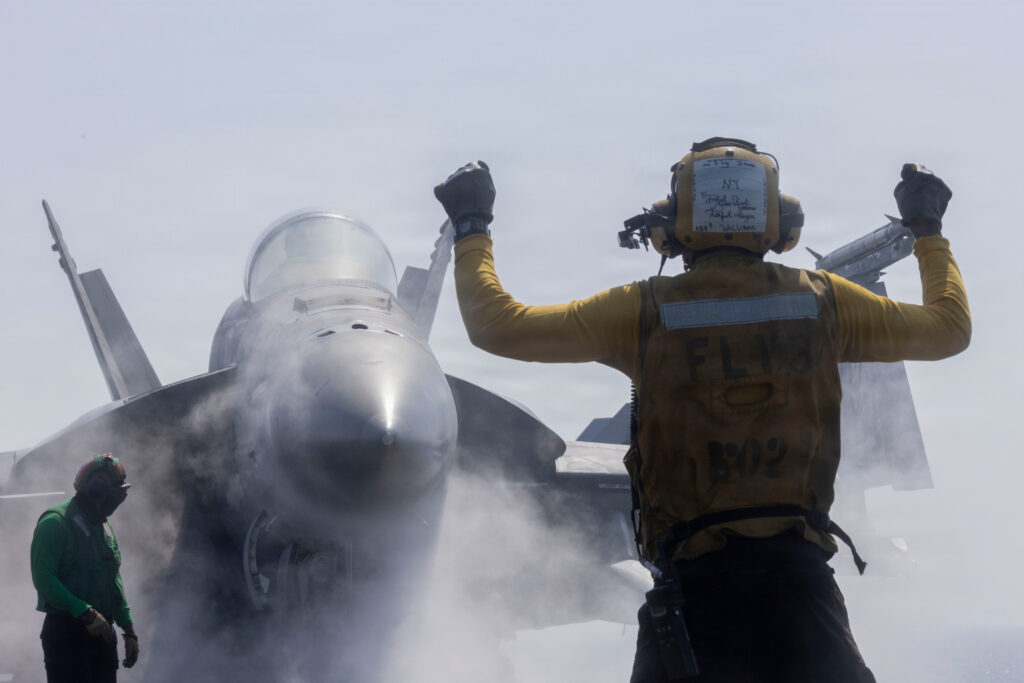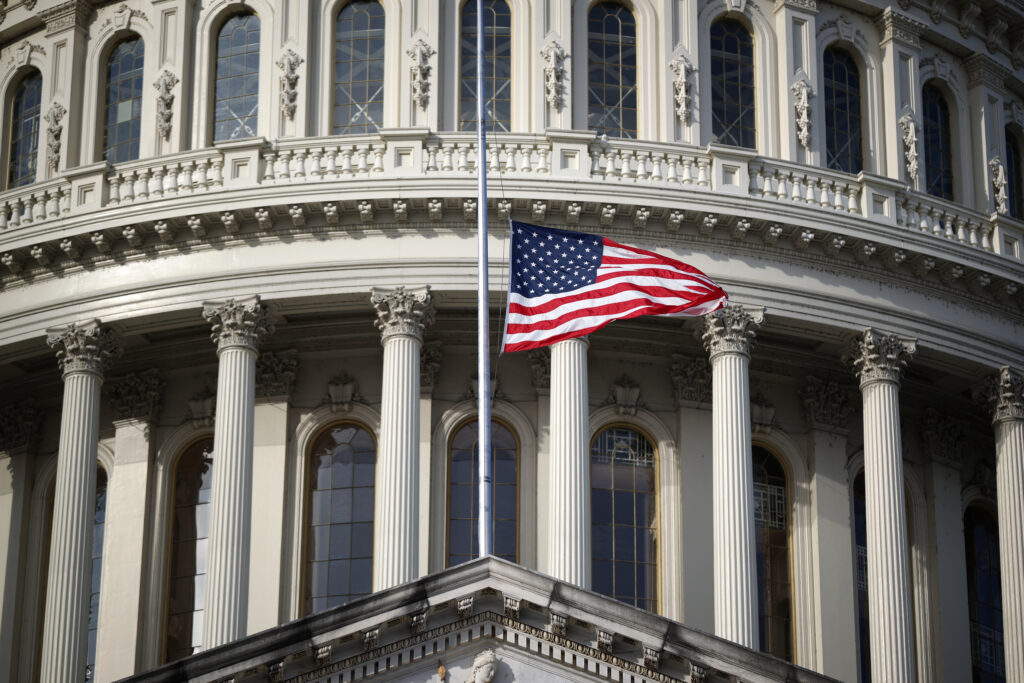Trump warns of longer Iran war
President Donald Trump signaled Monday that US strikes on Iran could go much longer than originally predicted, as his administration sought to counter criticism about conflicting messages on the war’s goals.In his first public comments since launching the military operation, the president who long campaigned for “no new wars” laid out what he said were …
